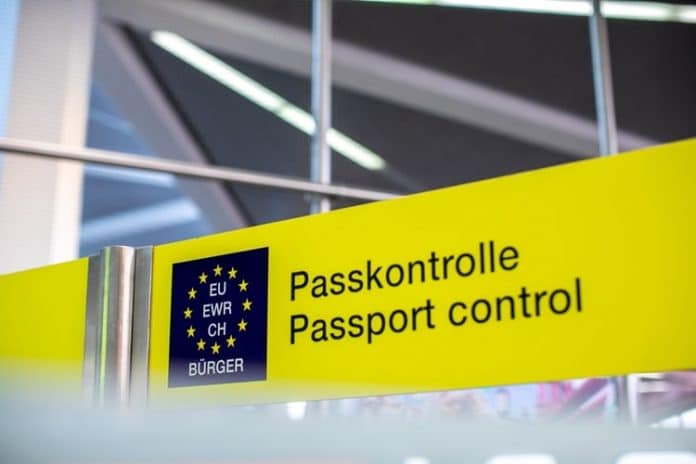On 26 March 2020, the European Union marks the 25th anniversary of the Schengen agreement coming into force in seven European Union countries. Border controls were abolished, allowing for the free movement of people. Today, 26 countries are members of the area.
In the face of COVID-19, however, several Member States have temporarily reintroduced internal border controls as part of efforts to stop the spread of the virus.
Spain and Hungary have closed their land borders whilst on 25 March, Poland extended its border controls until 13 April 2020. Germany has introduced border controls with several countries, including France which has reciprocated. Seasonal workers have also been banned from entering Germany, which is the EU’s biggest economy. Meanwhile, Germany’s borders with Belgium remain open.
The Czech Republic, Cyprus, Denmark, Lithuania, Romania and Slovakia have closed their borders to all foreigners (although Slovakia is still allowing Polish people to travel there.) Austria has closed its land border with Italy and Switzerland.

Closing borders as a “last resort”
On March 26, 1995, the Schengen agreement was signed by Belgium, Germany, France, Luxembourg, the Netherlands, Spain and Portugal. Today, 22 European Union countries are members of the Schengen Area, as well as four associate countries: Iceland, Norway, Switzerland and Liechtenstein.
Today, however, some Member States have decided to limit movement within the Schengen area to limit the spread of the coronavirus. The European Commission states that such a decision can only be taken as a “last resort.”
The European Union also decided to halt non-essential travel to its external borders.
The 27 nation block has adopted measures to ensure the rights of people who do have to travel, and make sure essential goods and services remain available.
“We have to take exceptional measures to protect the health of our citizens. But let’s make sure goods and essential services continue to flow in our internal market,” European Commission President Ursula von der Leyen said.
United Nations Secretary-General, António Guterres, meanwhile underlined the importance of togetherness during these extraordinary times.
“The restrictions on travel can be understood because of the need to contain the spread of disease. But it’s also very important at the same time people feel the need for solidarity. It’s very important to fight fake news and campaigns on social media that try to spread fear and create divisions,” he said.




